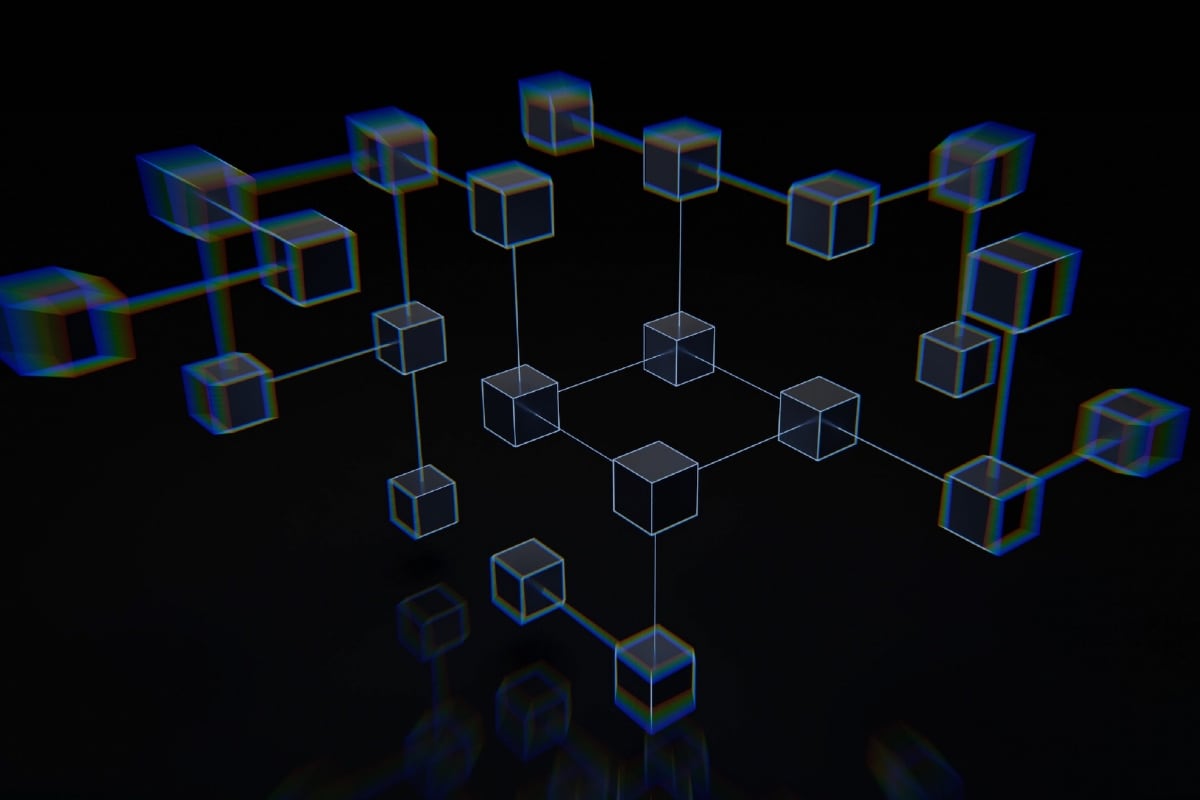In an attempt to test the use of blockchain in the governance sector, IIT Madras has moved its student election systems from servers to blockchain. As part of a university club dedicated to blockchain-related research work, students from the prestigious engineering university are trying to test the technology on topics such as voting and IP protection, among others. Speaking to Gadgets 360, IIT Madras said that its experiments with blockchain should not be seen as a “bet on cryptography” but as a pilot to explore distributed ledger technology on a larger scale.
Professors Prabhu Rajagopal and John Augustine of IIT Madras collaborated with students on the project to introduce blockchain-based voting as part of the student election process.
Research and experiments at IIT Madras have shown that blockchains could improve the governance system by significantly reducing costs and enabling a verifiable and tamper-proof voting process.
“Blockchain offers a cost reduction to conduct and manage the general voting process, which is otherwise not possible when conducting large-scale elections using other server-based software. In addition, the blockchain function that prevents changes from being made to stored data brings innate trust to the election process,” IIT Madras professors involved in the project told Gadgets 360. “Blockchain will be the backbone of many innovations in this decade radically the functioning of various social institutions”.
Blockchain is a decentralized, distributed, time-stamped ledger that is used to keep a record of all transactions that run on the network. This ledger, rather than being maintained by one person or organization (as is the case in normal databases), is maintained by all “nodes” in the blockchain, resulting in political and power decentralization, that represents true democracy.
IIT Madras has been trying to incorporate blockchain into its internal election system since 2022. In the last two years, some of the country's top engineering minds have identified some shortcomings associated with blockchain integration in voting systems.
“Blockchain transaction speed is slower with current technologies and this must be improved if the system is to be deployed on a large scale; moreover, ensuring that the system is safe from cyber-attacks poses some challenges to a larger-scale implementation,” Prof. Prabhu Rajagopal, Advisor (Innovation and Entrepreneurship), IIT Madras, told Gadgets 360.
Rajagopal also noted that deploying blockchain infrastructure to manage large-scale databases could also appear to be an eventual challenge that will have to be managed tactically.
This year, IIT-Madras piloted a blockchain solution developed by Plenome, a startup led by Rajagopal and formed by students curious about blockchain.
“Voting technology is one such area that is the foundation of a democratic system. We aim to make this process simple and accessible for people at their convenience while improving security and reducing overall costs. The “expansion of the elections will bring new challenges that we will be impatient to solve”, pointed out the officials of the institute.
The institute also recently started policy-making work to monitor the metaverse sector in India as a benchmark that the government could access and use while rolling out regulations at the national level.




